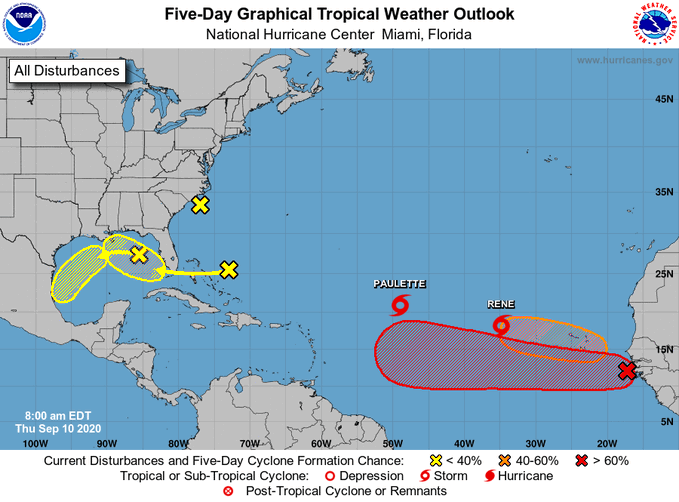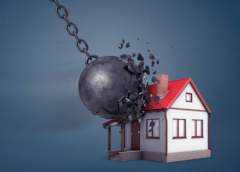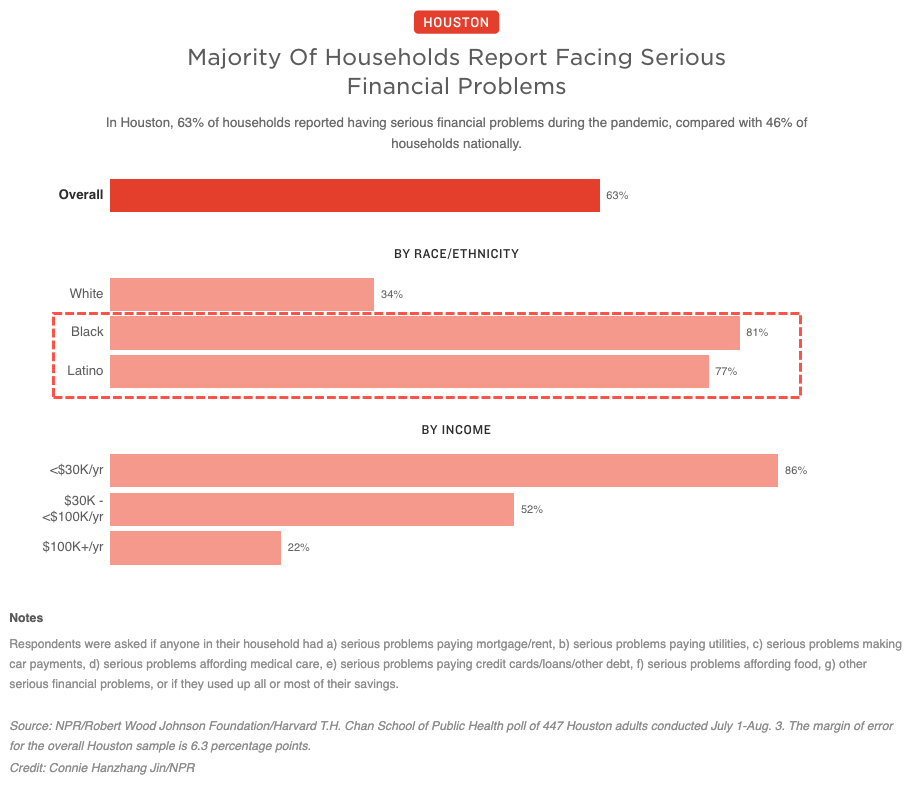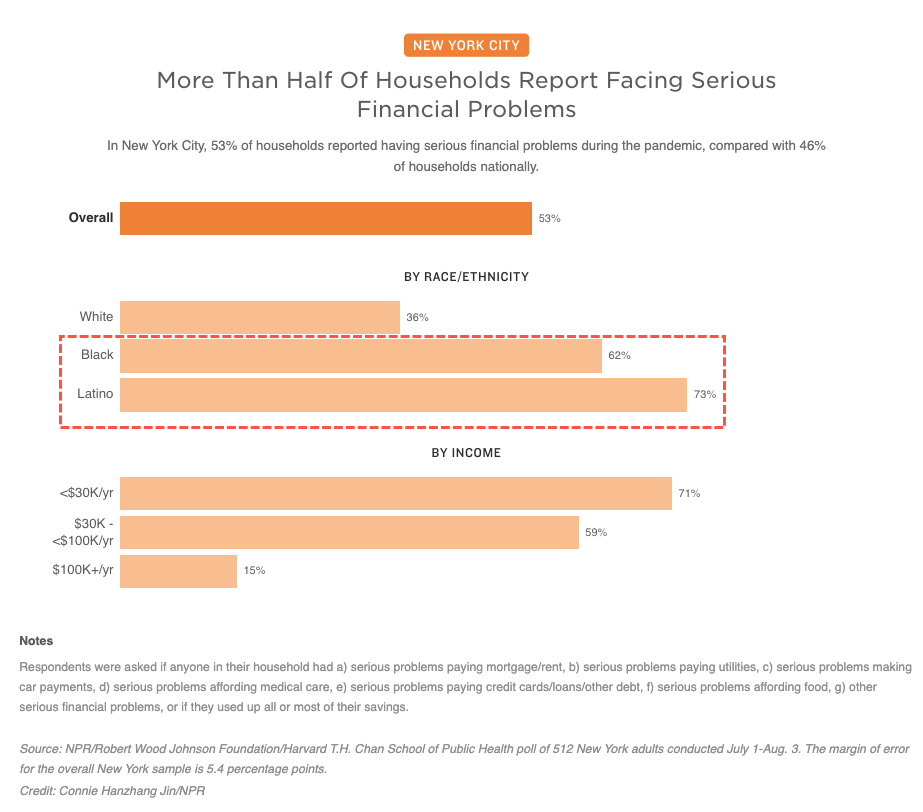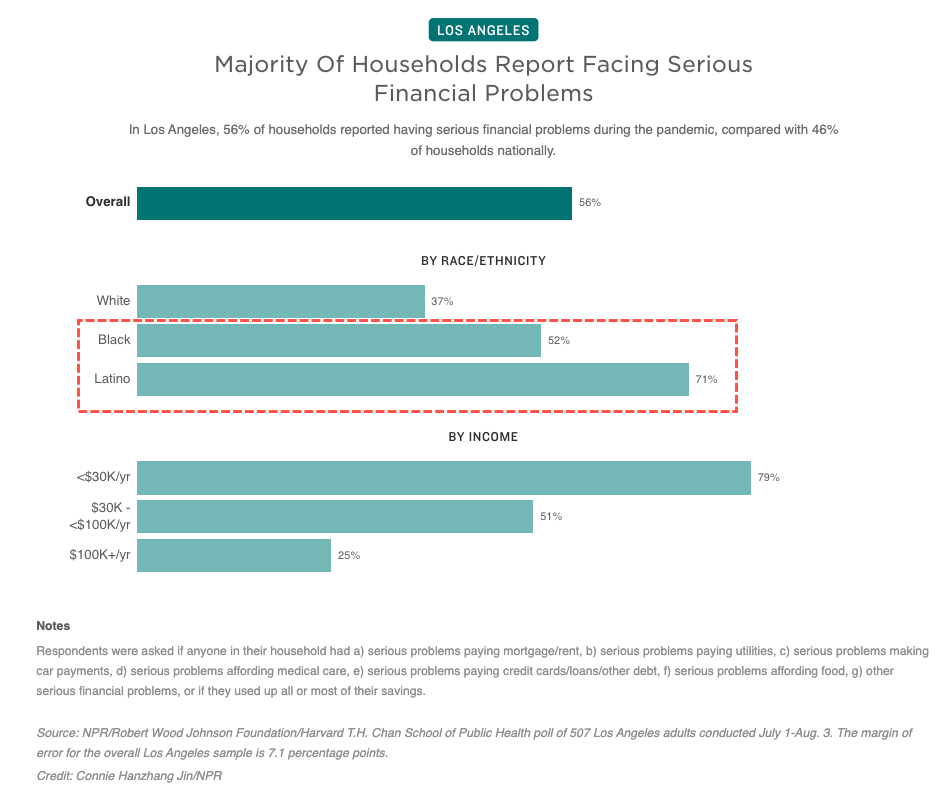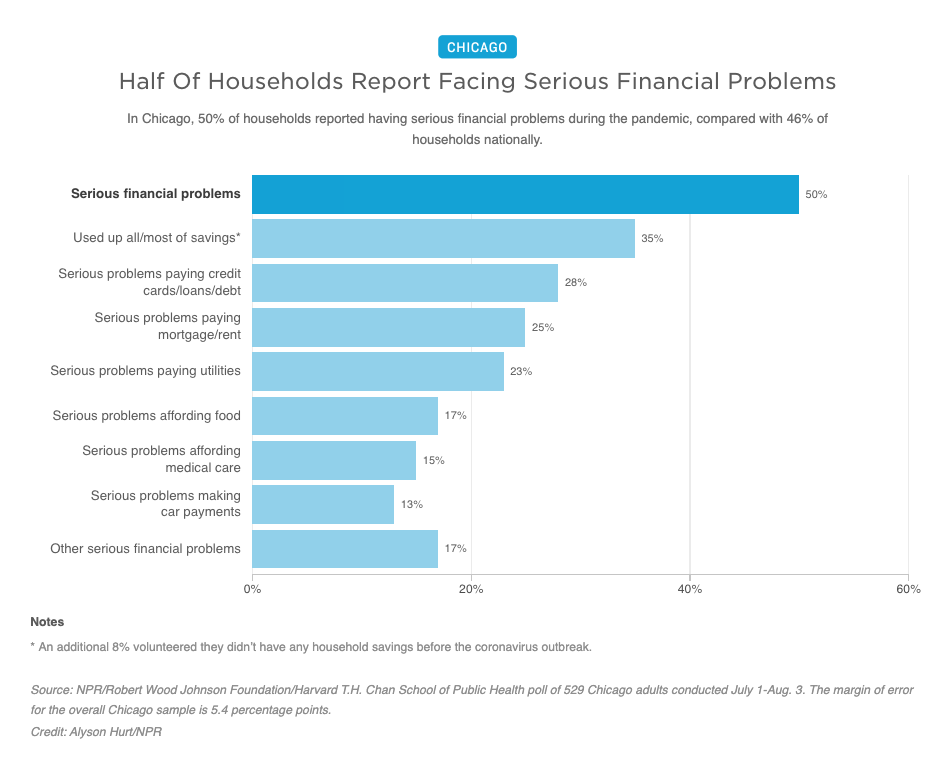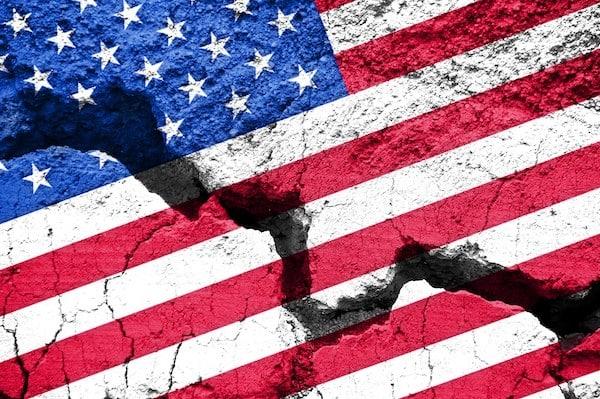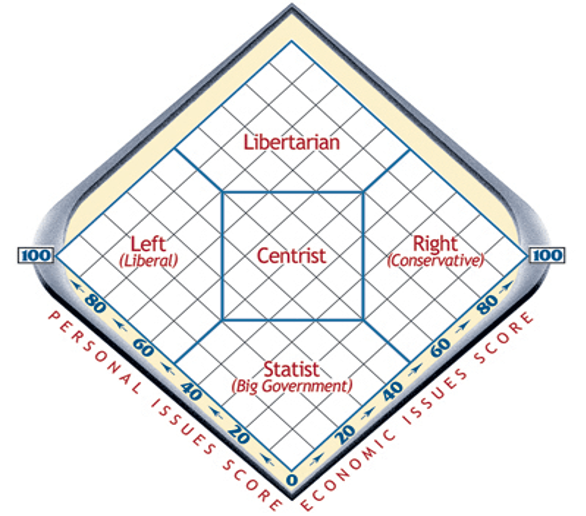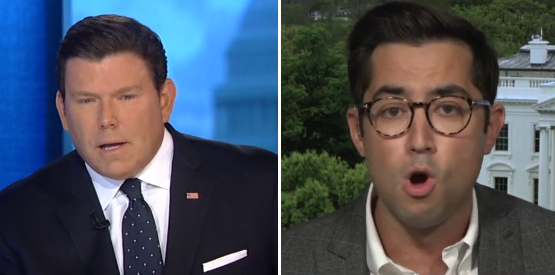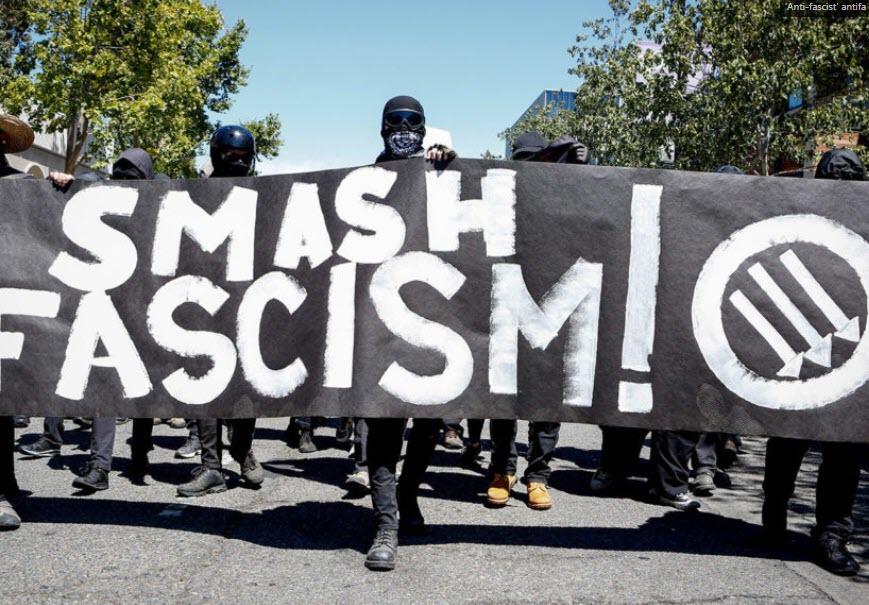[A.] Today, our court advances an extraordinarily sweeping view of government power. Against the text, history, and tradition of the Second Amendment, we hold that the government may forever deprive a person of the individual right to bear arms—if that person spends even one day committed involuntarily, even as a juvenile, and no matter the person’s current mental health soundness. Of course, we only adopt this view for the Second Amendment. For other, more fashionable constitutional rights, we would not countenance such an abridgment….
By all accounts, Duy Mai is an American success story. Mai was born in a Thai refugee camp to a Vietnamese family and moved to the United States at the age of two. As so many immigrants have, Mai has flourished in this country. [Details omitted. -EV] … Mai has been a productive member of society for nearly 20 years.
But like most people, Mai has faced his share of challenges. At the age of 17, he suffered from depression, for which he was involuntarily committed to a mental health hospital for a little over two months total after a Washington state court determined that he might be a harm to others. But since Mai’s commitment order expired in August 2000, he has not been re-committed and his medical record shows no reoccurrence of serious mental illness. He has no criminal history or substance abuse issues….
In 2014, Mai successfully petitioned the State of Washington to remove the state-law barrier [to possessing guns]. Mai submitted his medical history showing that he’s been free of depression since at least 2010 and that, based on the opinions of multiple psychologists, he is not considered a significant risk of suicide or harm to others. Based on this evidence and declarations from his friends and family, the Washington court agreed that Mai doesn’t present a substantial danger to himself or to the public and that the symptoms that led to his commitment are not reasonably likely to reoccur. Thus, today, under state law, Mai’s right to possess a firearm has been fully restored.
[But] federal law … prohibits an individual who has been “committed to a mental institution” from possessing a firearm [so Mai sued] …. Without bothering itself with the text, history, or tradition of the Second Amendment, [our court’s panel opinion] decided that, due to Mai’s brief commitment, he was not a “law-abiding, responsible” citizen and, therefore, not protected by the Second Amendment’s “core.” In so ruling, the court compared Mai’s past commitment to a conviction for domestic violence. The court also concluded that Washington’s adjudication of his mental soundness and subsequent restoration of his gun rights—and Mai’s present-day mental health status—were irrelevant to the constitutional analysis. Finally, with the help of studies from Sweden, Australia, Italy, and other countries, the court ruled that the permanent deprivation of Mai’s fundamental right cleared intermediate scrutiny. We should’ve corrected the layers of errors in this decision through en banc review….
[B.] If operating on a clean slate, I would hew to Heller‘s and McDonald‘s fidelity to the Second Amendment’s history, tradition, and text. The precise contours of such a review should be subject to further refinement; but we might, as Justice Scalia suggested in Heller itself, look to the original meaning …. Under this view, a law may only constitutionally prohibit the core right to keep arms in the home for self-defense if the prohibition falls within an exception understood to be outside of the Amendment’s scope at the time of the Founding….
[S]cholars have “search[ed] in vain through eighteenth-century records to find any laws specifically excluding the mentally ill from firearms ownership.” Such laws would be highly unusual in a context where regulations focused on use rather than ownership. Not until 1930 do we see laws specifically touching on gun ownership and mental health, after the ABA-approved Uniform Firearms Act prohibited delivery of a pistol to any person of “unsound” mind….
Given the paucity of Founding-era laws specifically prohibiting gun ownership by the mentally ill, we are better served by exploring the dominant thinking on mental illness in that period. On this, the evidence is clear: temporary mental illness didn’t lead to a permanent deprivation of rights.
Influential philosophers of the day understood that rights attach with the attainment of “reason” and, correspondingly, the loss of rights persisted only through the loss of reason. This understanding accorded with a deeply rooted common law tradition recognizing that mental illness was not a permanent condition. Thus, an “insane” person
was one who “by disease, grief, or other accident hath lost the use of his reason.” 1 William Blackstone, Commentaries *304. But “the law always imagines, that the[] accidental misfortunes [that caused the lunacy] may be removed” and at that point the person’s rights restored….
These views on the mentally ill were reflected in historical practices and laws. Even as Virginia sought to ratify its constitution with a limitation on the civil rights of “lunatics,” such limitation was only “during their state of insanity.” ….
From this historical record a clear picture emerges: mental illness was considered a temporary ailment that only justified a temporary deprivation of rights…. Heller‘s observations about “presumptively lawful regulatory measures” does not change this analysis. Heller‘s reference to firearm prohibitions for the “mentally ill” as being “presumptively lawful,” apply to those who are presently mentally ill. {As the Sixth Circuit held, “Heller‘s presumption of lawfulness should not be used to enshrine a permanent stigma on anyone who has ever been committed to a mental institution for whatever reason.”} ….
[C.] [The following portions of the opinion were also joined by Judges Ikuta, Bade, and Hunsaker. -EV]
As I have shown, § 922(g)(4)’s application to Mai has no basis in the text, tradition, and history of the Second Amendment. But until our court agrees to apply such a test to Second Amendment claims under en banc review or the Court provides us with further guidance, we remain bound by the Chovan test…. First, we determine if the law “burdens conduct protected by the Second Amendment,” “based on a historical understanding of the scope of the [Second
Amendment] right[.]” Second, we decide what level of scrutiny applies based on our assessment of “(1) how close the law comes to the core of the Second Amendment right and (2) the severity of the law’s burden on the right.” …
The [panel] erred … by incorrectly identifying intermediate scrutiny as the proper standard. As we have recently explained, step two of Chovan “is a simple inquiry: if a law regulating arms adversely affects a law-abiding citizen’s right of defense of hearth and home, that law strikes at the core Second Amendment right” [and must be subject to strict scrutiny].
Under this framework, the application of § 922(g)(4) to Mai strikes at the core Second Amendment right—and guts it. Indeed, § 922(g)(4) completely deprives Mai of the ability to possess a firearm, even within the home, where protections are “at their zenith.” In any other context, laws that burden the core of a fundamental right are invariably analyzed under heightened scrutiny—e.g., restrictions on the “content” of speech rarely survive strict scrutiny, nor do laws that restrict “core” political speech. We should not treat the Second Amendment any different….
[The panel] evaded any form of strict scrutiny, despite admitting that § 922(g)(4)’s “lifetime ban” on Mai’s Second Amendment right was “quite substantial,” by minimizing the law’s burden as falling on only a “narrow class” of individuals.
In doing so, the court seemingly pulls new doctrine out of its hat and magically transforms a fundamental right that belongs to an individual, into one that is class-based. Rather than face the total and permanent deprivation of the core Second Amendment right for Mai (and the class of people like him), the court refocused the inquiry on the size of the class. And ta-da!, the court holds, intermediate scrutiny applies. Like most magicians, the court refused to explain its act.
Because the law deprives only a “narrow class” of individuals their Second Amendment right, ipse dixit, it is analyzed only under intermediate scrutiny. Such reasoning is even more perplexing given that heightened scrutiny was originally announced as a method to protect the rights of “discrete and insular minorities.” Today, according to the court, the fact that Mai belongs to a “narrow class” is, paradoxically, the very reason to lower the level of scrutiny applied to him. We should have corrected this jurisprudential sleight of hand.
Next, the court justified its decision to apply intermediate scrutiny by refusing to recognize Mai as a “law- abiding, responsible citizen.” But its refusal to do so is baffling. Besides a brief involuntary commitment as a youth, nothing in the record shows that Mai is anything but a “law-abiding, responsible citizen.” Instead, it shows that Mai is a person of advanced education and demonstrated professional achievement, with strong community and family support and no history of criminal activity or substance abuse.
Yes, he suffered from significant depression as a teen, but recent psychological evaluators and Washington state have concluded he is not currently mentally ill and presents no risk of violence to others or himself. Nor is that reasonably likely to change in the future. Washington, in turn, restored his right to possess firearms under state law.
But this court decided it knows better, holding that, “[r]egardless of [Mai’s] present-day peaceableness,” Mai is not a “law-abiding, responsible citizen” because of his brief commitment 20 years ago. The court, with no analysis, held that “[t]he same logic” used to prohibit a domestic-violence convict from possessing a firearm applied here—to a person like Mai. But a criminal conviction is not the same as mental illness. Unless pardoned, expunged, or set aside, a conviction always remains a conviction under the law. And, at least for felony convictions, there is historical support for a law resulting in forfeiture of property and rights. See 2 William Blackstone, Commentaries *377 (describing the possible punishments of serious crime as including “confiscation, by forfeiture of lands, or moveables, or both, or of the profits of lands for life: others induce a disability, of holding offices or employments, being heirs, executors, and the like”)….
So, while the law may hold that “once a convict, always a convict,” tradition, history, and elementary psychology teach us that “once mentally ill, not always mentally ill.” This is the distinction that the court ignores. Indeed, under the court’s extreme reading of the law, any person falls outside of the Constitution’s core protection if that person spends even one day in commitment—even as a youth! Nothing in the text, history, and tradition of Constitution supports this view. The proper inquiry would have recognized that the lifetime ban imposed by § 922(g)(4) on Mai is unequivocally a complete deprivation of his core right to home gun ownership. As such, the law is unconstitutional….
[D.] [The following portions of the opinion were also joined by Judges Ikuta, Bade, Hunsaker, Bennett, Collins, and Bress.-EV]
Even accepting the court’s error and analyzing Mai’s claim under intermediate scrutiny, we still got it wrong…. In justifying the “reasonable fit” between the government’s objective here, the court relies on several ill-suited studies, many compiling data from foreign countries. One of the primary studies relied on by the court analyzed suicide risk after release from involuntary commitment, but offered no information about suicide risk for someone like Mai—20 years past his commitment and free of mental health issues. {Of the patients considered, 98% were considered for only a year following their commitment, and the remaining 2% were studied from 2.5 to 8.5 years post-commitment.} But undeterred, the court offers additional studies, perhaps even more inapplicable, such as a study focused on patients from Sweden {[which] involved all types of psychiatric diagnoses, not just depression},”community care” patients from Italy and Australia {[t]he court doesn’t even define “community care,” much less its relevance to Mai},an”[o]ut-patients” study with a meager 34 observations,and another study of predominately foreign patients (with some U.S. data from 1969)….
Many years ago, judges took a turn as pseudo- psychologists and waded into whether a woman’s mental health may be balanced against her constitutional rights. That case is generally not treated kindly today. I fear the court goes down the same path.
Heller‘s endorsement of text, history, and tradition as the proper lens for evaluating the scope of the Second Amendment was not accidental. There, the Court emphatically disapproved of courts determining on an ad hoc basis whether certain individuals were undeserving of the full complement of fundamental rights. Duy Mai deserves better. Our Constitution deserves better….
